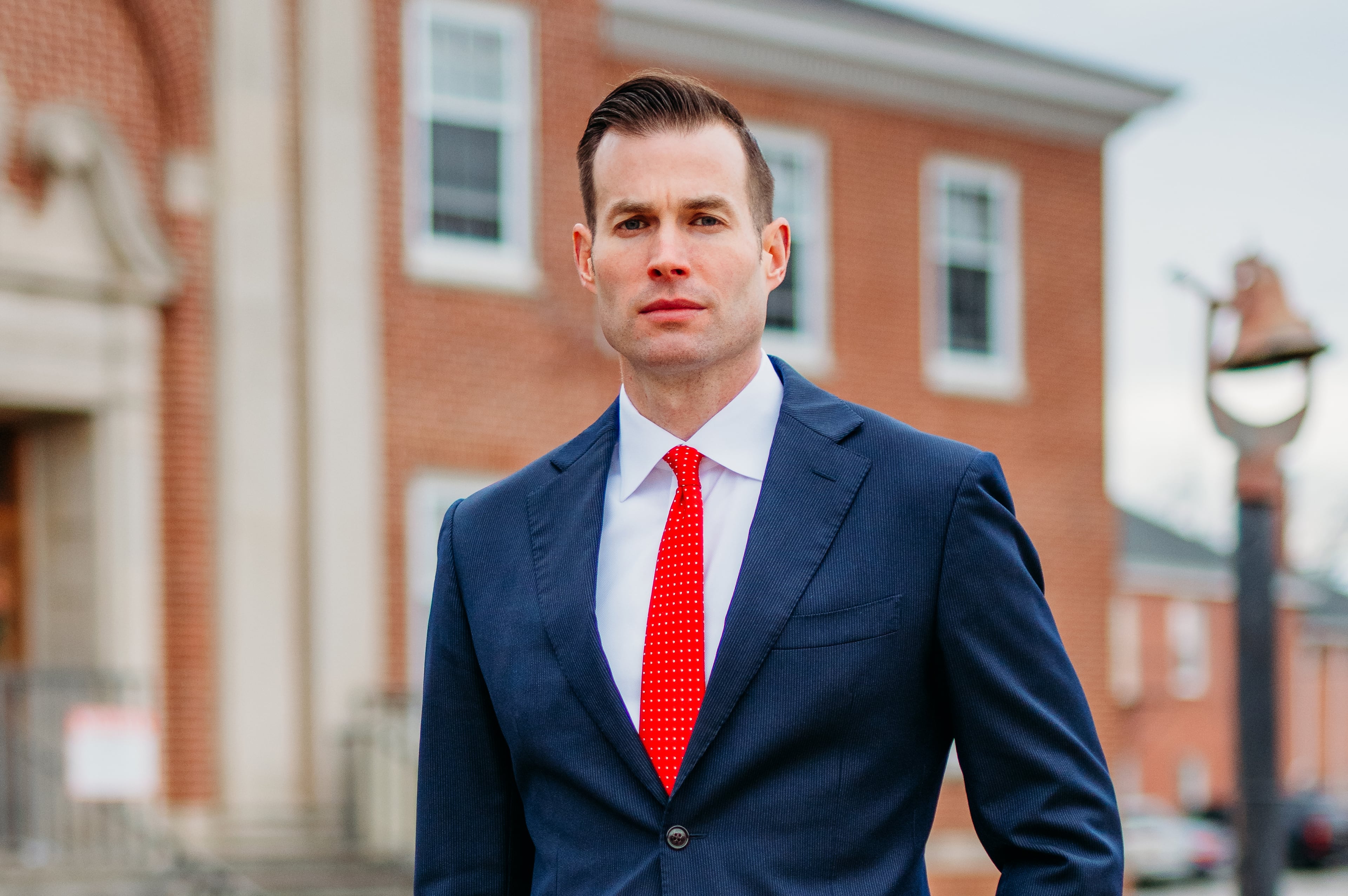Coffee County breach highlighted as voting machine trial opens

A trial questioning the security of Georgia’s touchscreen voting system began Tuesday with allegations that a breach in Coffee County showed “real world” vulnerabilities and a defense that actual risks are speculative at best.
The case, playing out in a packed federal court in Atlanta, will test whether the Dominion voting system used in Georgia creates an unconstitutional danger that voting machines could be hacked or programmed incorrectly.
With a touchscreen and printer displayed at the front of the courtroom, attorneys for the plaintiffs asked the judge to settle disputes about voting machines before this year’s presidential election.

“Too many people want to use this case to dispute or defend what happened four years ago. This case is not about that,” said Robert McGuire, an attorney for the Coalition for Good Governance, one of the plaintiffs in the case. He called Georgia’s voting system “a disaster waiting to happen in 2024.”
Defenders of Georgia’s voting equipment told U.S. District Judge Amy Totenberg that cybersecurity vulnerabilities don’t mean elections are unsafe or that anyone’s rights have been compromised.
“There’s not evidence of a single vote being altered in Georgia because of malware,” said Bryan Tyson, an attorney for Secretary of State Brad Raffensperger, the lead defendant in the case. “Even Coffee County doesn’t provide the evidence plaintiffs think it does. What Coffee County shows is that every election system is vulnerable to insider attacks.”
Tech experts hired by allies of Donald Trump copied Georgia’s voting software and other election data in Coffee County in January 2021, an incident that resulted in charges against four people. Two of them have pleaded guilty, including Sidney Powell, an attorney who supported Trump’s efforts to cast doubt on the 2020 election.

The lawsuit asks the court to bar the Dominion touchscreen voting system, which Georgia bought for $107 million in 2019, except for use by voters with disabilities. The plaintiffs alleged the system fails to comply with the U.S. Constitution’s free speech and equal protection rights.
The trial is scheduled to last 12 days with dozens of witnesses, including cybersecurity experts, election officials and concerned voters.
The plaintiffs in the case, including liberal-leaning Georgia voters and activists, argued that election software stolen from Coffee County gave potential hackers a “road map” to create malware that could infect election computers and potentially flip votes from one candidate to another.
Georgia election officials say vulnerabilities have never been exploited during an election, and investigations have repeatedly debunked allegations of fraud in the 2020 presidential election. Three vote counts showed that Democrat Joe Biden defeated Trump by about 12,000 votes in 2020
During an opening statement, a lawyer for the plaintiffs showed slides with an empty chair beside Raffensperger’s name because he won’t be required to testify. The 11th U.S. Circuit Court of Appeals ruled last week that Raffensperger was exempt from being a witness because he’s a high-ranking official whose testimony isn’t essential.
“The only person who doesn’t live in the real world when it comes to election security is the secretary of state,” said David Cross, an attorney for several Georgia voters. “They’re asking voters to take on a burden that’s entirely unjustified.”
An expert witness for the plaintiffs, University of Michigan computer science professor Alex Halderman, is expected to testify about vulnerabilities he found when given access to Georgia’s voting touchscreens.
The U.S. Cybersecurity and Infrastructure Agency later confirmed those weaknesses and recommended rigorous audits, physical protections of election equipment and updates to outdated software.
State election officials say Georgia’s voting equipment is secured by locks and seals, preelection testing and audits of printed-out paper ballots.
But the plaintiffs say paper ballots produced by touchscreens aren’t verifiable by voters, relying on computer QR codes scanned by voting machines to tabulate results.
Tyson countered that risks and vulnerabilities — whether they’re promoted by conservatives or liberals — don’t amount to unconstitutional violations of voting rights.
“That’s the danger we have when risks become a substitute for actual problems,” Tyson said. “Georgia election officials do their job well regardless of attacks from the right or the left.”
Totenberg could rule in the weeks after the trial concludes, but she has previously said she won’t order all Georgia voters to use paper ballots filled out by hand instead of by machine.



